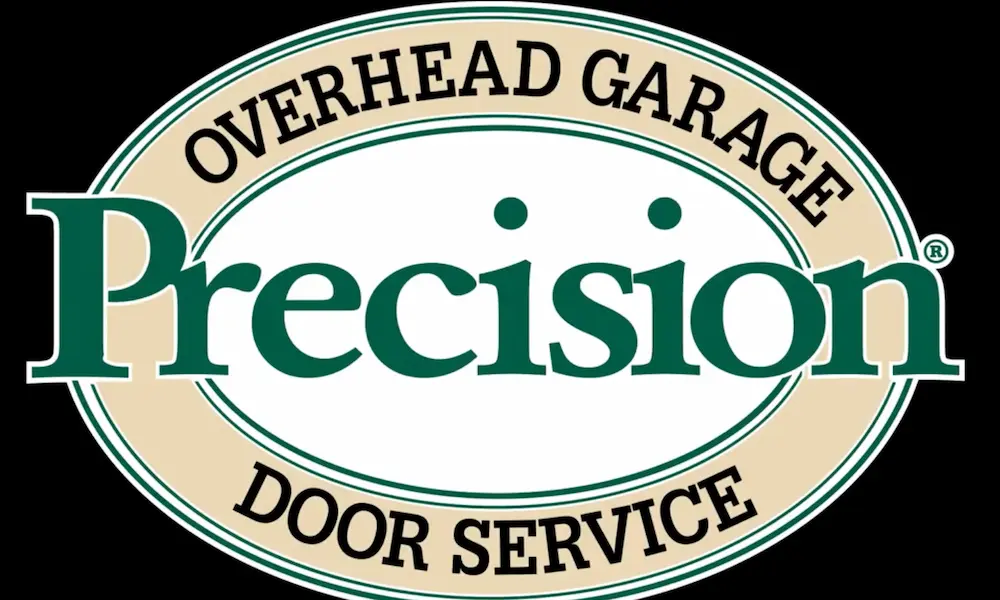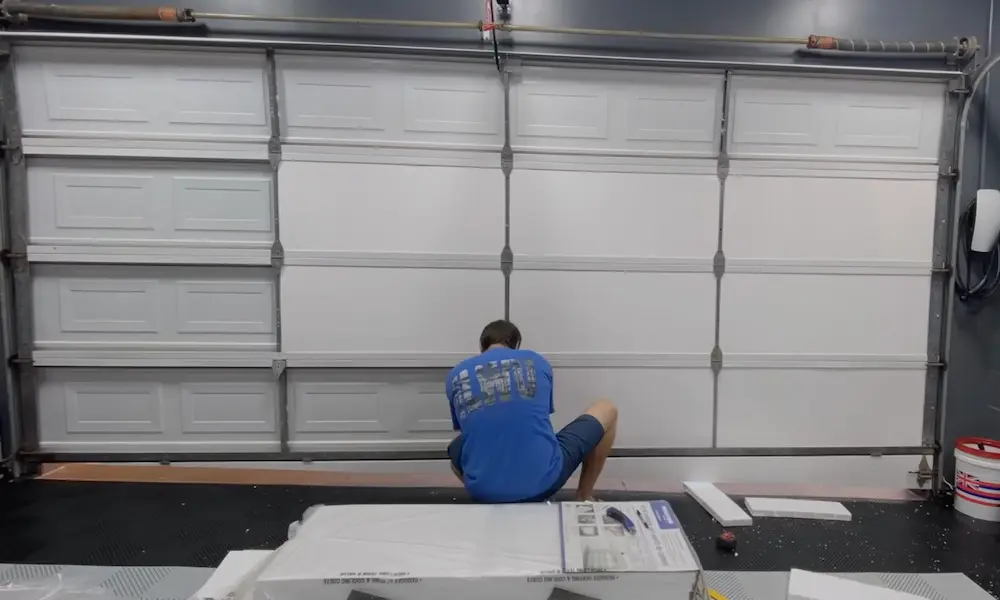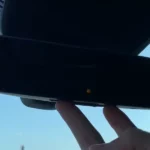Trying to leave for work but your garage door won’t budge? Few things are more frustrating than pressing your LiftMaster remote and getting absolutely nothing in response. Whether you’re dealing with a completely dead remote or one that works only when Mercury is in retrograde, this guide will walk you through every possible solution to get your garage door opening smoothly again.
Most Common Causes of LiftMaster Remote Failures
Before diving into specific solutions, let’s identify what typically causes LiftMaster remotes to stop working:
- Dead or weak batteries
- Programming issues
- Physical damage to the remote
- Signal interference problems
- Garage door opener system malfunctions
Let’s tackle each of these issues with practical solutions you can try right now.
Battery Problems: The #1 Remote Killer
Signs Your Remote Battery Is Dying
Your remote might be giving you warning signs before completely dying:
- Need to press the button multiple times
- Remote only works when very close to the garage door
- LED indicator light appears dim or flickers
- Inconsistent operation
If you notice any of these symptoms, your battery is likely on its last legs.
How to Replace Your LiftMaster Remote Battery
Most LiftMaster remotes use a 3V CR2032 lithium coin cell battery. Here’s how to swap it out:
- Locate the visor clip and slide it upward slightly
- Find the notches on the sides of the remote
- Use a flathead screwdriver to gently pry the housing open
- Remove the old battery
- Insert the new CR2032 battery with the positive (+) side facing up
- Snap the housing closed and test
Watch video: How to replace your LiftMaster remote battery
Battery Contact Issues
Sometimes the problem isn’t the battery itself but the contacts inside the remote.
Quick fix: Check for:
- Corrosion (greenish buildup)
- Dirt on the metal contacts
- Bent or damaged contacts
To clean corroded contacts, gently wipe them with a clean, dry cloth. For stubborn corrosion, lightly polish the contacts with fine-grit sandpaper to restore conductivity.
Programming Problems: When Your Remote Forgets Its Job
If your remote has power but still won’t operate your garage door, it might need reprogramming.
How to Reprogram Different LiftMaster Remote Models
The exact process varies by model, but here’s the general procedure:
For standard LiftMaster remotes:
- Locate the “Learn” button on your garage door opener motor unit (usually yellow, purple, red/orange, or green)
- Press and release the Learn button – the indicator light will turn on
- Within 30 seconds, press and hold the desired button on your remote
- Release the button when the opener’s lights flash or you hear it click twice
- Test to confirm programming was successful
For 890MAX, 893MAX, and 895MAX models:
| Remote Model | Access Program Button | Programming Steps |
|---|---|---|
| 890MAX/895MAX | Insert paperclip into small hole | Press Learn button on opener, then press remote button until lights flash |
| 893MAX | Use attached visor clip | Press Learn button on opener, then press remote button according to color-coded instructions |
Resetting Security Codes
If you’ve lost a remote or just want to enhance security:
- Press and hold the Learn button on your garage door opener for about 10 seconds
- The indicator light will turn off, indicating all codes are erased
- Reprogram your remaining remotes following the standard procedure
Physical Damage and Signal Problems
Checking for Physical Damage
Even if your remote looks fine externally, internal damage can affect operation. Check for:
- Cracked circuit board
- Loose components
- Water damage (corrosion or mineral deposits)
- Damaged buttons that don’t click properly
Unfortunately, if internal components are damaged, replacement is typically more cost-effective than repair.
Signal Transmission Issues
Signal problems can happen even with a perfectly good remote:
- Clean the photo eye lens: The small plastic lens that emits the signal can get dirty or smudged. Clean it with a soft, slightly damp cloth.
- Check for interference: Common sources include:
- Metal objects near the remote
- Electronic devices operating nearby
- New LED light fixtures (which can emit interference)
- Test from different positions: Sometimes standing in a specific spot can block the signal. Try operating the remote from various locations.
| Interference Source | Solution |
|---|---|
| Metal furniture/objects | Move away from metal surfaces when using remote |
| LED/CFL bulbs in opener | Replace with incandescent bulbs |
| Nearby electronics | Turn off potential interfering devices to isolate cause |
| Weather conditions | Wait for severe weather to pass or move closer to door |
Advanced Troubleshooting for Persistent Issues
If basic troubleshooting hasn’t resolved the issue, let’s look deeper.
Checking the Garage Door Opener System
Sometimes what appears to be a remote issue is actually a problem with the opener itself:
- Try the wall-mounted button. If it doesn’t work either, the problem is likely with the opener, not your remote.
- Check for:
- Power to the opener (check circuit breakers)
- Disconnected or damaged wiring
- Safety sensor misalignment (flashing lights on sensors)
- Motor unit cooling period (after multiple uses)
Electronic Component Failures
Electronic failures within the remote might include:
- Failed transmitter chip
- Damaged circuit board
- Broken antenna wire
- Failed button contacts
These issues typically require replacement of the entire remote, as internal repairs aren’t generally feasible for most homeowners.
Choosing a Replacement Remote
If you need to replace your remote, consider these important factors:
Compatibility With Your Opener
Not all LiftMaster remotes work with all openers. Consider:
- Security+ vs. Security+ 2.0: Newer Security+ 2.0 remotes may not work with older systems
- Frequency: Make sure the frequency matches your existing system (typically 315MHz or 390MHz)
- Specific compatibility: Check LiftMaster’s website for remotes compatible with your specific model
Popular Replacement Options
| Remote Model | Type | Best For | Special Features |
|---|---|---|---|
| 890MAX | 3-button mini | Multiple doors | Compact size, keychain design |
| 893MAX | 3-button visor | In-car use | Visor clip, ergonomic design |
| 895MAX | 3-button multi-frequency | Mixed brand systems | Works with multiple frequencies, can operate different brands |
Find compatible replacement remotes from LiftMaster
Preventative Remote Maintenance Tips
Keep your remote working longer with these simple practices:
Routine Care Tips
- Avoid temperature extremes: Don’t leave your remote in a hot car or outdoors in cold weather
- Protect from moisture: Keep it dry and away from rain or high humidity
- Use a designated storage spot: A visor clip or wall mount reduces dropping risk
- Clean regularly: Wipe down buttons and housing to prevent dirt buildup
Proactive Battery Management
- Replace batteries annually: Don’t wait for complete failure
- Use quality batteries: Cheap batteries may leak and cause damage
- Remove batteries during extended absences: If you’ll be away for months, take the battery out
- Test range periodically: Decreasing range is an early warning sign of battery depletion
Troubleshooting LiftMaster Remote Issues: Quick Reference Guide
| Problem | First Check | Next Step | Advanced Solution |
|---|---|---|---|
| Complete non-response | Battery power | Replace battery | Check for physical damage |
| Intermittent operation | Battery contacts | Clean contacts | Look for interference sources |
| Works only close to door | Battery power | Replace battery | Check for signal blockers |
| LED not lighting | Battery orientation | Flip battery | Check for contact damage |
| Programmed but not working | Reprogram remote | Reset opener codes | Check opener functionality |
| Some buttons work, others don’t | Button mechanism | Clean under buttons | Replace remote if damaged |
By working through these troubleshooting steps systematically, you’ll likely resolve your LiftMaster remote issues without needing to call for professional help. Remember that the simplest solution is often the right one – start with the battery before moving to more complex possibilities.
For persistent issues that resist troubleshooting, or if you’re uncomfortable performing any of these steps yourself, contact a certified LiftMaster dealer or garage door professional for assistance.
















